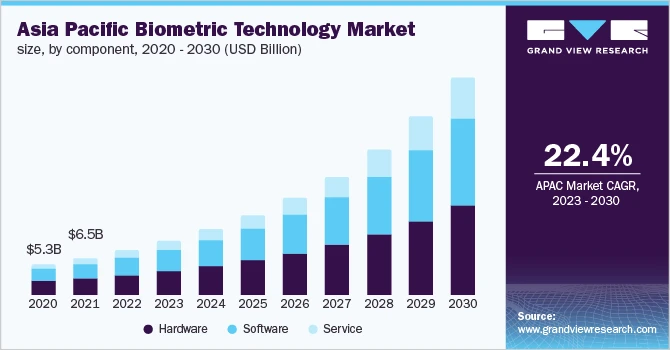Top 10 Emerging Technologies That Will Change the World
Technology is advancing at an exponential rate, and with every passing year, new innovations are changing the way we live and work. In this article, we will explore the top 10 emerging technologies that have the potential to revolutionize the world as we know it.
1. Artificial Intelligence (AI)
Artificial intelligence is already making waves in various industries, from healthcare to finance. AI technologies such as machine learning and natural language processing are enabling machines to perform tasks that were once thought to be exclusively human. With AI becoming more sophisticated, we can expect to see even greater advancements in automation and decision-making processes.
2. Internet of Things (IoT)
The Internet of Things is a network of interconnected devices that communicate with each other to exchange data and information. From smart homes to smart cities, IoT technology is transforming the way we interact with our environment. As more devices become connected, we can expect to see improvements in efficiency, productivity, and overall quality of life.
3. Blockchain
Blockchain technology, most commonly associated with cryptocurrencies such as Bitcoin, has the potential to revolutionize industries beyond finance. By creating secure and transparent digital ledgers, blockchain technology can be used to streamline supply chains, track assets, and verify identities. As blockchain continues to evolve, we can expect to see increased adoption in various sectors.
4. 5G Networks
The rollout of 5G networks is set to bring faster speeds, lower latency, and greater connectivity to the world. With 5G technology, we can expect to see advancements in autonomous vehicles, virtual reality, and telemedicine. As more devices become connected to 5G networks, we can anticipate a more seamless and integrated digital experience.
5. Quantum Computing
Quantum computing is a revolutionary technology that uses quantum mechanics to perform complex calculations at speeds unimaginable with traditional computers. As quantum computers become more powerful and accessible, we can expect to see advancements in fields such as cryptography, drug discovery, and weather forecasting. Quantum computing has the potential to solve some of the world’s most challenging problems.
6. Augmented Reality (AR) and Virtual Reality (VR)
Augmented reality and virtual reality are immersive technologies that blend the physical and digital worlds. AR and VR technology have applications in entertainment, education, and training. As the technology becomes more advanced and affordable, we can expect to see widespread adoption in industries such as gaming, healthcare, and construction.
7. Biotechnology
Biotechnology is a rapidly growing field that uses biological systems to solve problems and create new products. From gene editing to synthetic biology, biotechnology has the potential to revolutionize healthcare, agriculture, and environmental sustainability. As biotechnology continues to advance, we can expect to see breakthroughs in personalized medicine, biofuel production, and bioremediation.
8. Renewable Energy
Renewable energy technologies such as solar, wind, and hydroelectric power are becoming increasingly cost-effective and efficient. As the world transitions to a more sustainable energy source, we can expect to see advancements in energy storage, grid integration, and smart grid technologies. Renewable energy has the potential to reduce our dependence on fossil fuels and combat climate change.
9. Robotics
Robotics technology is advancing rapidly, with robots becoming more intelligent and versatile. From automated manufacturing to autonomous drones, robotics has the potential to transform industries such as logistics, healthcare, and agriculture. As robots become more integrated into our daily lives, we can expect to see improvements in efficiency, safety, and productivity.
10. Edge Computing
Edge computing is a distributed computing paradigm that brings computation and data storage closer to the source of data generation. By processing data closer to where it is created, edge computing can reduce latency, improve security, and lower bandwidth usage. As more devices become connected to the internet, edge computing technology will play a crucial role in enabling real-time data processing and analysis.
In conclusion, these emerging technologies have the potential to revolutionize the world as we know it. From artificial intelligence to renewable energy, each of these technologies is poised to make a significant impact on our lives and the way we interact with the world around us. As these technologies continue to evolve and advance, we can expect to see a future that is smarter, more efficient, and more sustainable.


